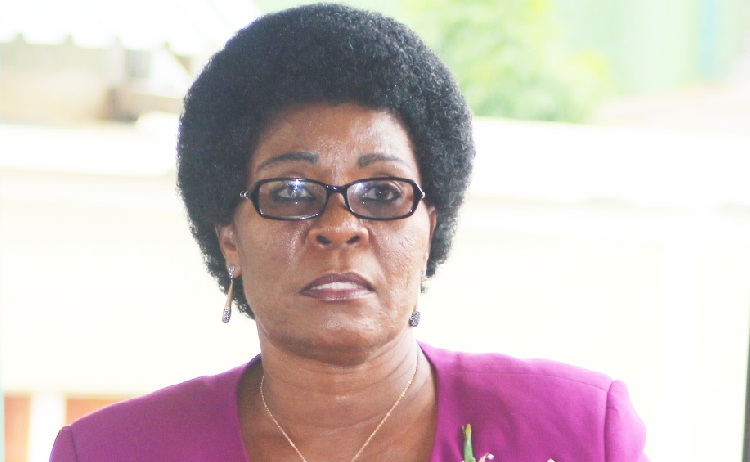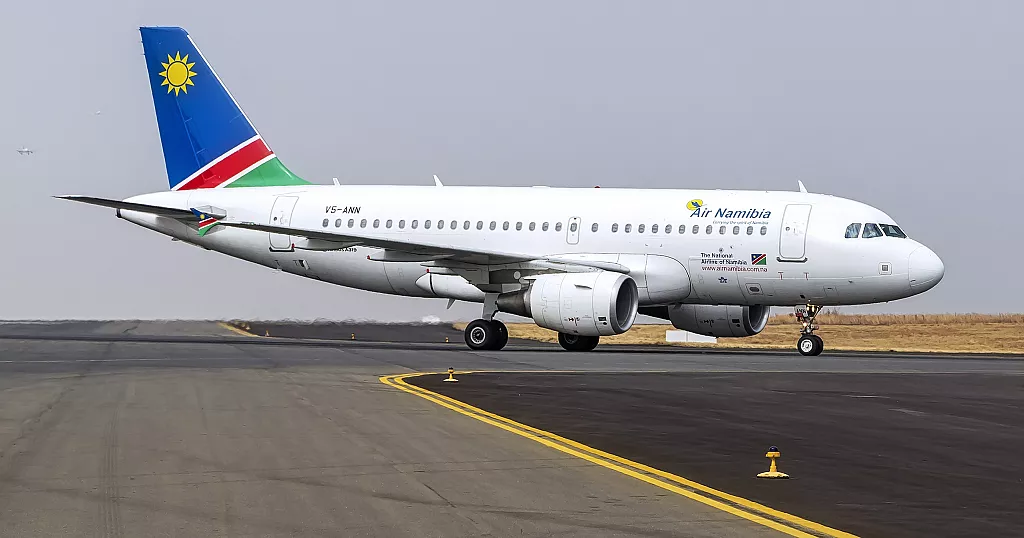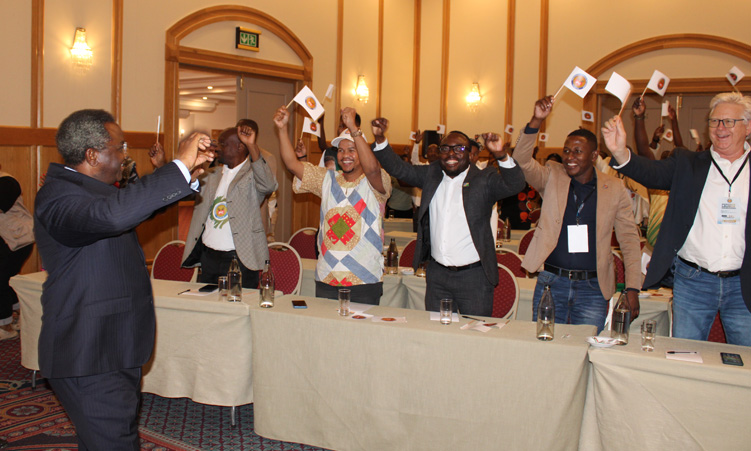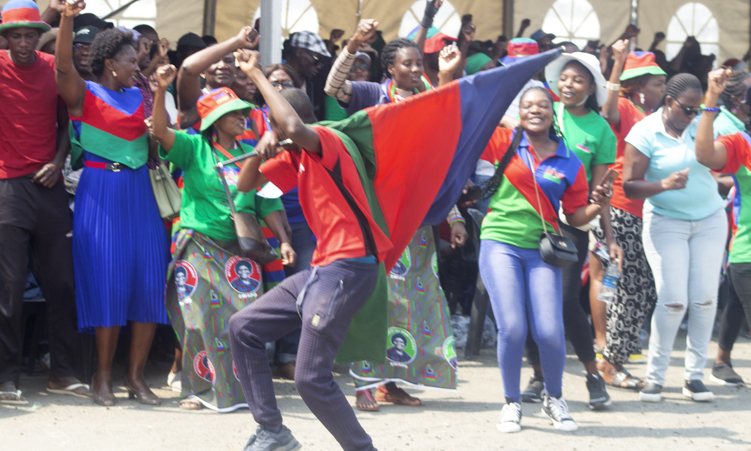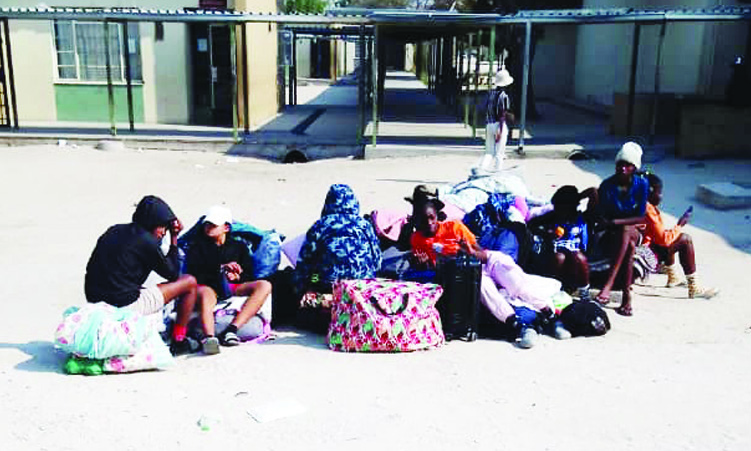12 August 2024
Today marks a significant milestone in our journey towards transforming education in Namibia. We are gathered here to celebrate the launch of The Digital School pilot project, a pioneering initiative made possible through the invaluable support of the United Arab Emirates’ Digital School and the World Food Programme (WFP).
Our hearts are filled with gratitude as we embark on this transformative journey. This project, which also extends its benefits to our neighbouring nations of Angola, Zambia, Lesotho, Madagascar, and South Africa, represents a beacon of hope and progress in our shared pursuit of educational excellence.
One school per region has been identified to be the digital pilot school, with the exception of the Khomas and Hardap regions, which each have two schools. A total of 16 schools will benefit from this project, with one of the schools in the Hardap region serving as a resource school.
The schools are Bethanie Primary School (//Kharas), Tutaleni Primary School (Erongo), DD Guibeb Primary School (Hardap), Nkurenkuru Combined School (Kavango West), Groot Aub Primary School (Khomas), Namutuni Primary School (Khomas), Klein Aub Primary School (Hardap), Elias Amxab Combined School (Kunene), Hafyenanye Primary School (Ohangwena), Gunichas RC Primary School (Omaheke), John Shekudja Combined School (Omusati), Shinime Shiivula Primary School (Oshana), Onyaanya Primary School (Oshikoto), Eden Primary Schools (Otjozondjupa), Ngweze Primary School (Zambezi), and Kake Combined School (Kavango East).
The objectives of The Digital School (TDS) pilot project are ambitious and far-reaching, and include promoting digital education, building a model for digital transformation, empowering students, enhancing teachers’ digital skills, creating digital learning environments, and developing a national strategy.
TDS and WFP will coordinate closely with the Ministry of Education, Arts and Culture, and other relevant stakeholders throughout the project cycle. Also, coming to this point, extensive consultations with the ministry occurred during the project’s design phase, including discussions on areas of intervention and schools’ selection. This ensured that all project activities adhere to Namibia’s educational framework, curriculum standards, and regulatory requirements.
Furthermore, TDS will maintain open communication channels with targeted schools, the ministry, and the field officer to effectively address any emerging issues or significant challenges.
Bilateral coordination will also occur between TDS, the implementing partner, and the content preparation party to facilitate the exchange of recommendations or suggestions for refining digitised content.
Technology in education is not just a tool; it is a catalyst for making learning more interactive, engaging, and effective. With technology, learners can access a wealth of information, making education both fun and impactful.
I am happy to announce that digital transformation is a key focus of the 2022 National Conference on Education Implementation Plan (2023-2030).
The ministry is committed to this vision, with plans to roll out information and communication technology (ICT) devices to schools, including fully furnished computer labs and interactive touchscreens for newly added advanced subsidiary schools.
Furthermore, moving forward, the ministry plans to roll out smart televisions to schools, also targeting primary schools. This commitment underscores our dedication to evolving with the times and equipping our learners and teachers with the best tools for success.
Today, we are also celebrating a special group of individuals – our graduating teachers. To the 47 teachers who have completed their online digital training, congratulations!
Your dedication and commitment to embracing digital skills will play a crucial role in advancing education within your classrooms and schools. Your journey does not end here.
I encourage you to use your newly acquired skills to not only enhance your own teaching practices, but also share your knowledge with your colleagues.
A heartfelt thank you goes out to The Digital School and the World Food Programme for their unwavering support and positive contributions to Namibia’s digital journey.
We are excited to continue this partnership and are eager to work together to achieve our shared goals.
As we move forward, I call upon development partners, friendly countries, and both the public and private sectors to join us in this noble endeavour. Your support will be instrumental in transforming education in Namibia, and ensuring a brighter future for all our learners.
Together, let us embrace this digital revolution and pave the way for a more inclusive, innovative, and empowered educational landscape.
Stay informed with The Namibian – your source for credible journalism. Get in-depth reporting and opinions for
only N$85 a month. Invest in journalism, invest in democracy –
Subscribe Now!


